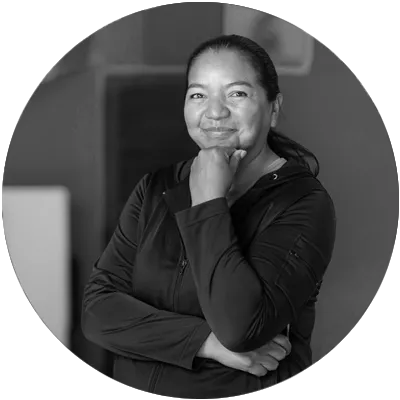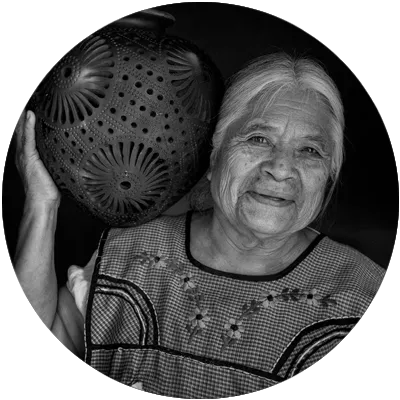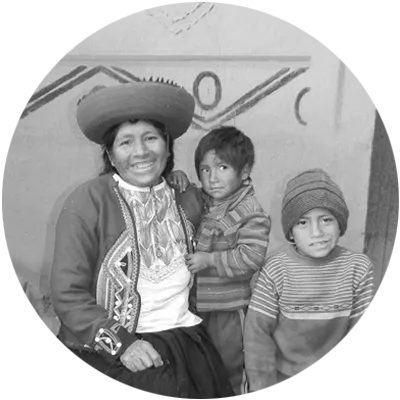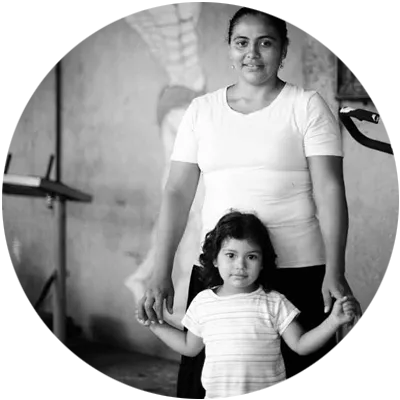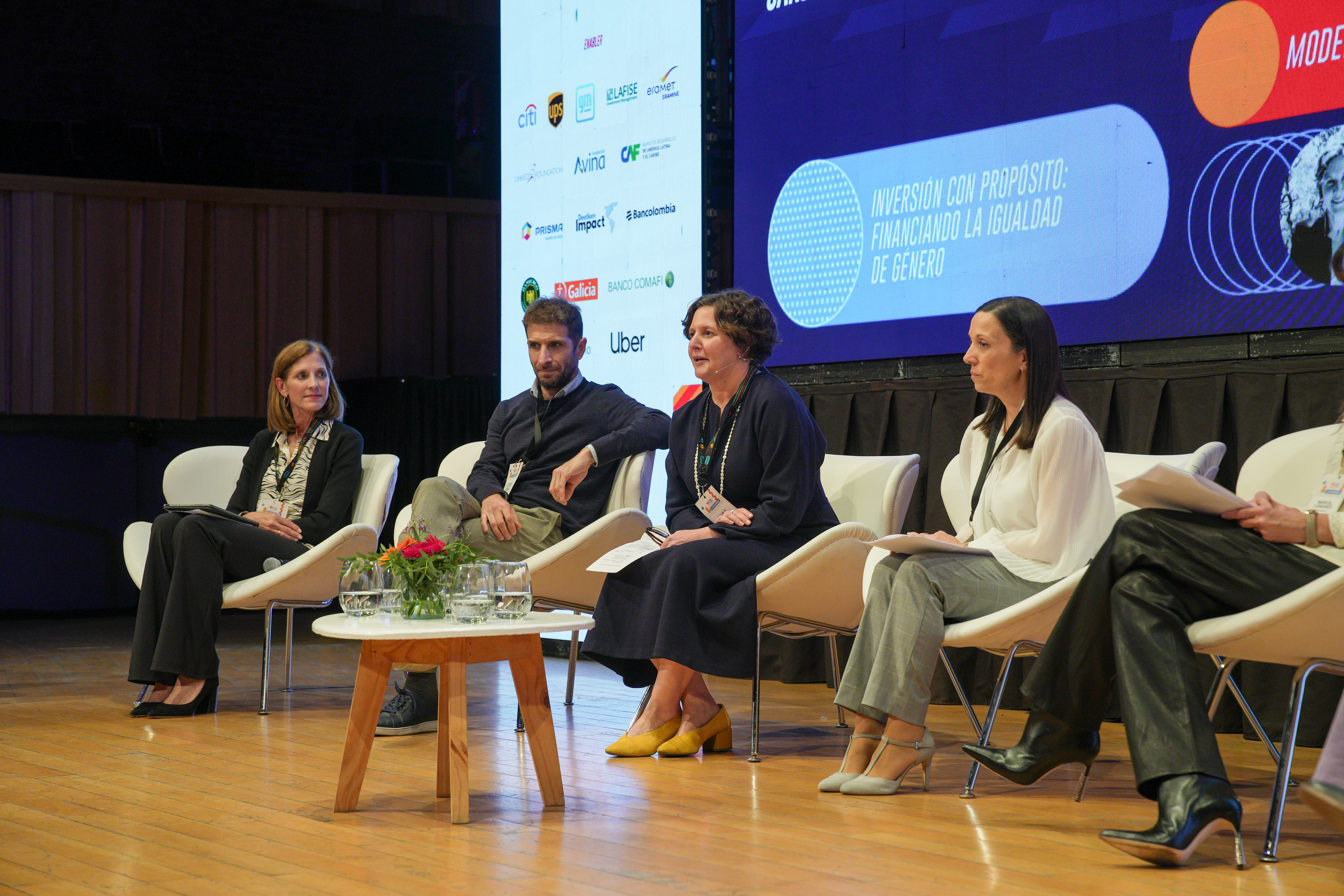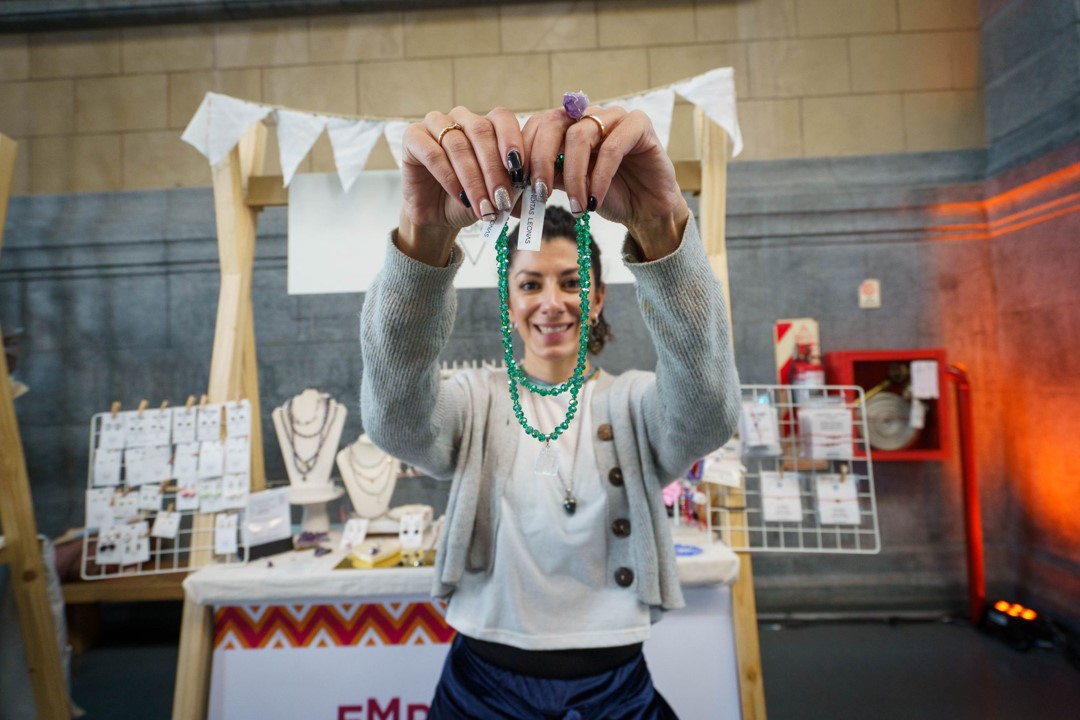Gender lens investing is an effective mechanism to advance gender equality and drive economic development in the region. This is the thesis of the GLI Forum Latam, the first event in Latin America fully focused on promoting gender equality through investment that brings together powerful voices in the impact ecosystem to connect, explore solutions, and catalyze transformation.
During the fifth edition of the forum, the panel discussion “Investment with Purpose: Financing Gender Equality” explored the latest trends and tools in the field of gender lens investing. Under the moderation of María Laura Tinelli, Strategic Business Development consultant at Pro Mujer, this space highlighted the importance of catalyzing the shift toward more inclusive investment.
The panel discussion was enriched by the participation of Elizabeth Boggs, vice president of the U.S. Development Finance Corporation (DFC); Magdalena Coronel, chief investment officer at BID Lab; Carla Scorza, international audit director at Citi Argentina; Maricel Lungarzo, director at Banco Comafi; Gonzalo Straface, director of public-private coordination at Fondes; and Esteban Gargiulo, debt capital markets associate at Banco Galicia.
Investing in women continues to be a challenge in Latin America, as only 6% of investment fund capital is directed to women-led businesses (IFC). However, investing with a gender focus represents an economic opportunity that could increase the gross domestic product (GDP) worldwide by $28 trillion by 2025 (IDB). There are initiatives like the 2X Challenge that promote gender equality policies in investment and financing for women-led businesses.
Elizabeth opened the discussion by explaining the current trend of institutions that are focusing their efforts on gender issues and DFC’s experience investing in these institutions: “The 2X Challenge has helped to raise the business awareness and business opportunity of investing in women, and it has created an important internal dynamic within the DFC where our investment trades are looking for opportunities focused on 2X and gender investment.”
She also highlighted different innovative strategies to accompany their investments. One of them is to provide technical assistance aimed at financial intermediaries: “I am proud to say that Pro Mujer is our key partner in this effort,” said Elizabeth. “This is an opportunity to help them internalize the practice and develop strategies that are key to finding these target populations.”
Magdalena, who is leading investment efforts at IDB Lab, considers that the venture capital industry has evolved in terms of gender. However, the investment that women-led ventures receive is still low: “[The investment in women-led ventures] is very low, less than 20% of the annual venture capital investment,” she explained. “And that opens the conversation on how we can ensure that this financing reaches these entrepreneurs.”
Magdalena pointed out three opportunities for change: More women making investment decisions, bringing gender-focused lines of financing, and considering diverse teams to generate better impact results at a financial level.
Among some of the initiatives that BID Lab is undertaking to connect capital to women-leading funds or entrepreneurs, Magdalena mentioned that 50% of their portfolio consists of direct investments in women-led companies. Moreover, she emphasized that 70% of the funds have at least one woman making investment decisions.
From a banking perspective, Maricel highlighted gender negotiable obligations as an investment opportunity for women, mentioning that in 2023, Banco Comafi participated in the issuance of two gender bonds in Argentina, led by Pro Mujer: “We are happy to be able to guarantee and dedicate the effort to this whole issue, which is where the ethical band comes in, and for all of us to dedicate ourselves more to taking care of each other and having profitability with a social sense,” she added.
Esteban, from Banco Galicia, also contributed to the discussion by highlighting the current situation of the capital market in Argentina, which he described as incipient with a growing level of depth: “This is because there still isn’t a culture generated [in social impact] partly due to Argentina’s structural problems,” he explained.
He pointed out that, although currently impact investment may depend on altruism and philanthropy, it is crucial that certain adjustments be made and standardization maintained to reduce costs and make these products more competitive. “We can’t always depend on impact investment coming exclusively from altruism; especially during times of economic contraction, that element disappears,” he concluded.
In turn, Carla reaffirmed Citi’s commitment to investing in initiatives that generate an impact on communities. Being the first Wall Street company with a female CEO, Citi’s board of directors is composed of 53% women, and 10% of that board is racially and ethnically diverse: “The fact that Citi generates this level of focus and diversity in its teams brings us closer to the communities we serve more directly because we understand them better.”
On behalf of Fondes, a fund promoted by the Government of the City of Buenos Aires to invest in the social economy, Gonzalo stated that the fund is an opportunity for people who do not have access to traditional banking—especially women in situations of poverty and who work in the informal sector—to obtain financing.
“The Fondes is a healthy tool for growth that is still lacking dissemination, and one that should also move beyond the logic of the informal or vulnerable neighborhood and reach what we call the formal city because there are also many enterprises, cooperatives, that need financing,” added Gonzalo.
The panel made it clear that gender lens investing is essential to promote equality and economic development in the region. One of the main reflections that came out is that it’s not always necessary to create new solutions from scratch, but rather to effectively use existing tools to mobilize capital toward social impact projects. Additionally, the speakers highlighted the importance of adapting financial products to reach underserved communities, ensuring that the benefits of these investments reach those who need them most.
For the gender-focused investment market to grow and remain sustainable, it is crucial to reduce costs and structure products that are attractive and competitive. The combination of strategies, including cooperation between the public and private sectors, will be essential to create a sustainable investment environment. This approach will allow gender lens investment not only to scale but also to generate a significant and lasting impact.




